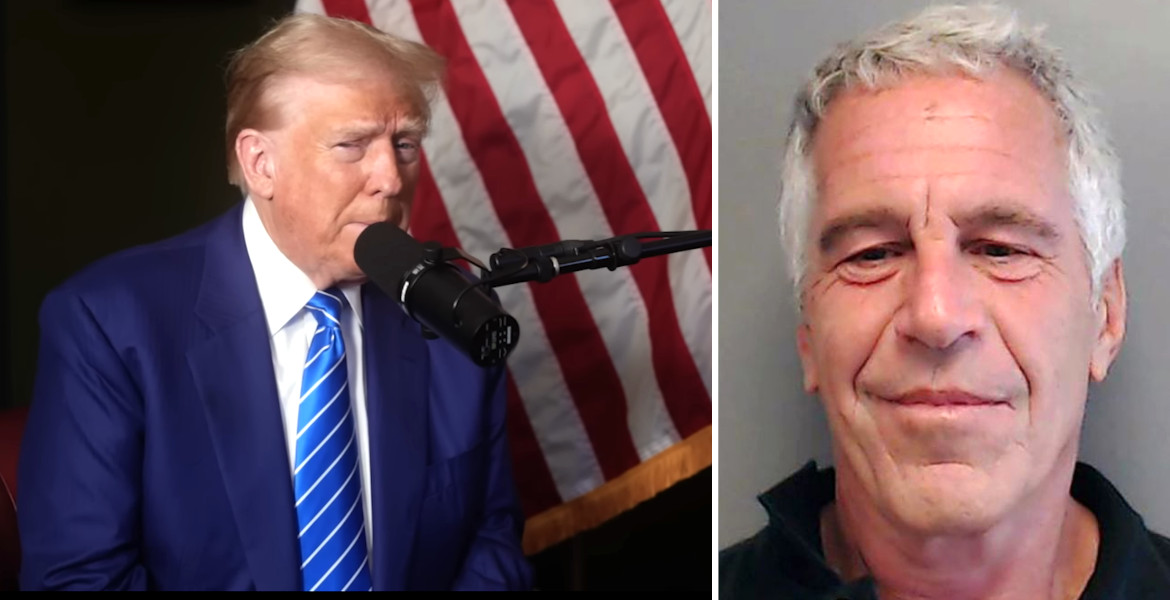Mobile data from nearly 200 cell phones shows how their users – both visitors and potential victims – made their way to the notorious pedophile island of Little St. James. The data was collected from 26 US states, as well as countries including Australia and Ukraine.
The now-bankrupt company Near Intelligence collected coordinates that tracked cell phones going to and from the island, according to information obtained by Wired. By mapping more than 11,000 coordinates, Near Intelligence found 166 locations where potential visitors or potential victims entered the island. The coordinates were collected between 2016 and 2019, when Epstein was imprisoned and found dead in his jail cell shortly thereafter.
Jeffrey Epstein’s private island, Little St. James, was nicknamed “Pedophile Island” after it was revealed that several underage girls, including 17-year-old victim Virginia Roberts, were forced to perform sex acts on Epstein and his visitors on the island. Visitors to the island included Prince Andrew and former President Bill Clinton.
Cell phone data shows that the visitors or victims came from 80 cities in 26 US states and territories, with Florida, Massachusetts, Texas, Michigan and New York topping the list. The coordinates also point to mansions in gated communities in Michigan and Florida, as well as homes on Martha’s Vineyard and Nantucket in Massachusetts. There was also data from Australia, Ukraine, and the Cayman Islands, among other places. The tracking of the coordinates continued even when the people were on the island.
The tracking included two maps showing the usual evening and daytime locations of each entity that had visited the island. They also marked the “most frequented place on weekdays” and also on weekends. Another map shows the “general geographic areas from which a site generates the majority of its visits”, as well as one showing the locations of visitors 30 minutes before and after they arrived on Epstein’s Island.
Hundreds of names
Near Intelligence sourced its location data from ad exchanges, or marketplaces where sellers, buyers and ad networks can bid on and buy a wide range of advertising. That inventory can include location data for a laptop, phone or tablet that companies use to target relevant ads. But the company went bankrupt last December, and has since rebranded itself as a new player called Azira. In an email to Wired, Azira confirmed that, under the previous company, it had intentionally collected the data on Epstein’s island for its own purposes. But it declined to say how the data was collected.
“Azira is committed to data privacy and responsible access to and use of location data”, Azira’s Kathleen Wailes said in the email.
However, Wailes points out that the current company “is not accountable for the actions and business practices of Near Intelligence referenced in the article”, and that the data was “incorrect and misleading”.
In January of this year, Federal Judge Loretta A. Preska began unsealing subpoenaed documents against Jeffrey Epstein. The documents contain the names of hundreds of people, including sexual abuse victims, witnesses, Epstein’s associates, and people with more peripheral connections to the case.






